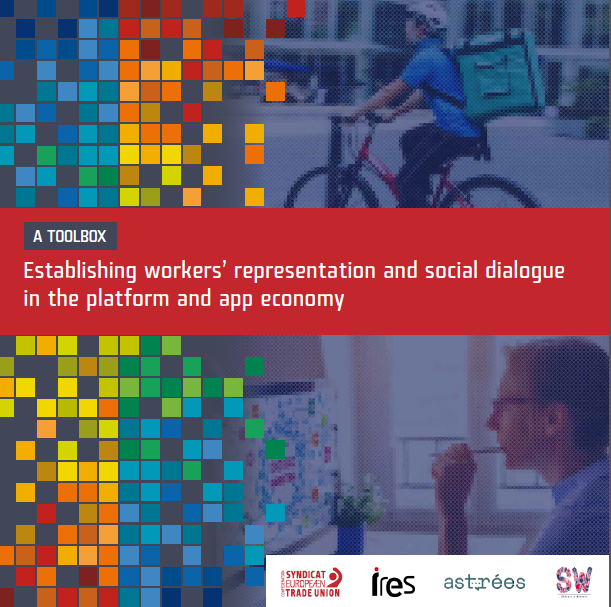
The toolbox is the result of a two-year project involving eleven initiatives from various European countries. It incorporates the lessons learned from discussions and coaching sessions during the two years of work. The toolbox does not constitute academic research, nor does it aim to be a comprehensive catalogue of all actions undertaken in Europe since the rise of the platform company model. Rather, it aims to provide a faithful account of the messages shared by the organisations that have participated in the project over its duration. The document was written using a purely bottom-up approach. The project team took note of the messages coming from the participants and sought to organise them into a logical framework — not to give its own interpretation. While neither scientific nor exhaustive, the toolbox may be a useful instrument for addressing the challenges that unions and initiatives face in reaching out to and organising workers in platform companies, and within the framework of negotiations. Indeed, all of the strategies or combinations of strategies described in this document have proved useful at some point for at least one of the initiatives in the project.
A note on terminology before getting into the heart of the document: we refer to “platform companies” in an effort to counter the narrative put forward by these companies. While the word “platform” may evoke the idea of a digital marketplace, a simple mediator suspended in digital space, the expression “platform companies” forces us to reflect on the true nature of these companies. A digital platform company is (like an ordinary company) an employer, (temporary work) agency or intermediary. Platforms are indeed “companies” with a wide range of prerogatives and management powers. They should, therefore, assume all the obligations that come with this status, including the function of employer, where applicable.